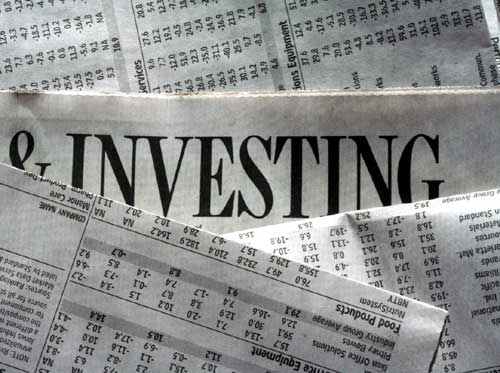Venture capital (VC) investment rose substantially with $21.8B invested contributing significantly to the global resurgence, according to Venture Pulse, a quarterly report on global VC trends published by KPMG. Activity suggests that investment may be rebounding from the 11 quarter low experienced in Q4’16.
“Venture capital invested has improved this quarter, with a significant number of mega-deals at or above $300 million in value boosting investment substantially,” said Brian Hughes, National Co-Lead Partner, KPMG LLP’s Venture Capital Practice. “Additionally the IPO markets gained strong momentum ending the second quarter, which should set up for a strong second half of 2017.”
To read the entire Venture Pulse Q2’17 report, visit http://www.kpmg.com/venturepulse.
Although the U.S. VC market is healthy overall, deal volume plateaued further with 1,963 deals in Q2, up from 1,954 in Q1’17. A key reason for this trend is the massive amount of dry powder that investors are holding. Both of these factors indicate that investors are continuing to be cautious, focusing on late-stage deals and companies with strong value propositions. The ongoing decline has affected the earliest deal stages the most, with angel and seed-stage deal count down three percent relative to other series for the first half of the year.
A notable continuing trend in Q2’17 is the use of secondary transactions, where companies allocate a part of funds raised in order to provide liquidity to founders and, in some cases, employees with common shares, in order to forestall pressures to exit.
“Companies are using portions of fundraises to provide some liquidity to founders and other shareholders in order to alleviate some of the pressure to go public,” said Conor Moore National Co-Lead Partner, KPMG LLP’s Venture Capital Practice. “This is having a positive impact as companies can better time their entry into the public market which should increase the quality of the offering.”
Despite this trend, the IPO market continued to show signs of improvement in Q2’17, with 19 exits during the quarter, up from eight in Q1’17. Total exit value is well within historical ranges, as exit value realized via IPOs has already eclipsed 2016 annual totals. M&A remains a more popular exit route.
From an industry perspective, the U.S. remains the dominant region for biotechnology in terms of both the number of companies and total investment dollars. In the first half of 2017 investment in pharmaceuticals and biotech reached $4.6B. Local biotech startup activity is especially driven by broader life sciences activity in Boston, Los Angeles, San Diego, and the San Francisco Bay Area, with additional activity clusters gathered around leading universities across the country. US biotechs’ competitive advantage stems from three areas: the risk-taking attitude of local VCs, the high per capita healthcare spend in the US, and the economy of scale that the US market offers for the marketing and sale of biopharmaceutical products.
In the autotech space, the U.S. is at the center of growing VC activity across this broad category that includes autonomous vehicles and other technologies for use in vehicles as well as those that support radical changes to automotive insurance, auto sales, vehicle security, crash avoidance, and more. In the first half of 2017, the amount of venture capital invested in the autotech sector soared to $254.1 million globally, and is on track to exceed the $517.6 million recorded for all of 2016. California has quickly become the epicenter of self-driving car development and testing, with all major automakers establishing a presence in the region. The automotive industry is also driving considerable development of AI and deep learning technologies.
Thanks for reading CPA Practice Advisor!
Subscribe Already registered? Log In
Need more information? Read the FAQs




